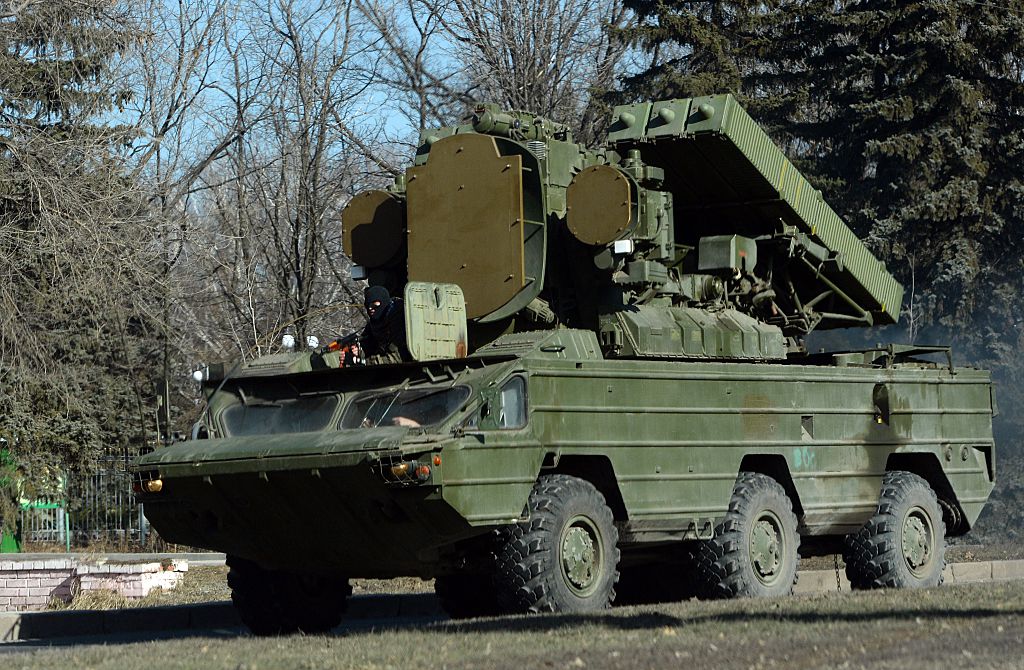
- Select a language for the TTS:
- UK English Female
- UK English Male
- US English Female
- US English Male
- Australian Female
- Australian Male
- Language selected: (auto detect) - EN
Play all audios:
An Intergovernmental Working Group (IGWG) of the World Health Organization (WHO) will launch a process to draft and negotiate a Pathogen Access and Benefit Sharing system (PABS) as part of
the Pandemic Agreement adopted by WHO members at the ongoing World Health Assembly (WHA) on May 20.
According to the Pandemic Agreement, pharmaceutical manufacturers participating in the PABS system will play a key role in equitable and timely access to pandemic-related health products by
making available to WHO “rapid access targeting 20% of their real time production of safe, quality and effective vaccines, therapeutics, and diagnostics for the pathogen causing the pandemic
emergency. The distribution of these products to countries will be carried out on the basis of public health risk and need, with particular attention to the needs of developing countries.
Indian manufacturers are expected to be part of the PABS System as they have been one of the major volume suppliers to the WHO in the past. In fact, Indian manufacturers supplied 40% of the
total vaccine volumes purchased by the WHO, with a considerable portion consumed domestically, notes India Bioeconomy Report 2025. India also exported a substantial quantity of vaccines to
the WHO African Region, making up approximately 20% of its total exports, it says.
The WHA is the highest decision-making body of WHO that meets every year in Geneva, Switzerland. It consists of representatives from all WHO Member States. The result of the PABS negotiation
process will be considered at next year’s WHA.
According to a statement from WHO, once WHA adopts the PABS annex, the WHO Pandemic Agreement will then be open for signature and consideration of ratification, including by national
legislative bodies. After 60 ratifications, the Agreement will enter into force, it said.
The adoption of Pandemic Agreement comes after more than three years of intensive negotiations launched by governments in response to the devastating impacts of the COVID-19 pandemic, and
driven by the goal of making the world safer from – and more equitable in response to – future pandemics.
A report published by India’s Niti Aayog last year had stated that given the unpredictably changing planetary ecology, climate and human-animal-plant dynamics, new large-scale infectious
threats to human health are inevitable. The report on “Future Pandemic Preparedness and Emergency Response” also quoted WHO to state that 75% of future public health threats are likely to be
zoonotic threats (which could be due to emerging, re-emerging and new pathogens).
In the last two decades, seven Public Health Emergencies of International Concern (PHEICs) have been declared by the WHO. These include the H1N1 influenza, Ebola Virus Disease, Zika Virus
Disease, Poliomyelitis (2014), COVID-19 (2020), and Monkey Pox (2022).







